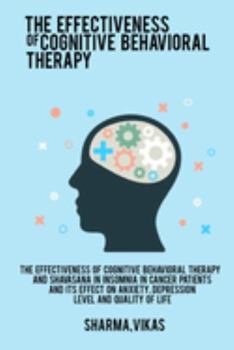The effectiveness of cognitive behavioral therapy and shavasana in insomnia in cancer patients and its effect on anxiety, depression levels and qualit
Background Insomnia is one of the most common and frequently reported sleep complaints. It is expected that in any given year, about one third of the adult population may have some degree of insomnia or sleep difficulty (Lacks & Thorn, 1991). Insomnia is generally understood as a perception of deficient or poor subjective quality of sleep which leads to a feeling of being un-refreshed, either on waking time, during daytime or in both these situations. Modern life, especially urban life is filled with events which cause occasional insomnia in almost all of us (Bhattacharya, Sen., & Suri, 2013). Staying in city like Delhi poses several challenges which are associated with sleep difficulties. In this regard, Suri, Sen & Adhikari (2008) conducted questionnaire based study in Delhi among different age groups. In this study which involved 2475 adult subjects of 30-60 years, it was found that 28.1% of the subjects reported to have complaints suggestive of disorders of initiation and maintenance of sleep. In a similar study by Suri, et al (2009), the researchers studied 1240 elderly subjects and the prevalence of insomnia was found to be 59 percent. Insomnia is one of the important consequences of cancer which adds to the distress of individual afflicted from this serious physical disease. Savard and Morin (2001) reported that about 30 percent to 50 percent of cancer patients have symptoms related to insomnia. In a similar study 58% of the cancer patients reported sleep difficulties and 19% of them met the diagnostic criteria of insomnia syndrome (Savard et al, 2001). This is apparent





